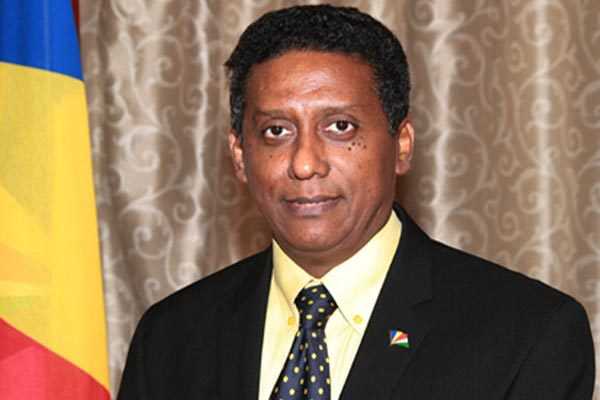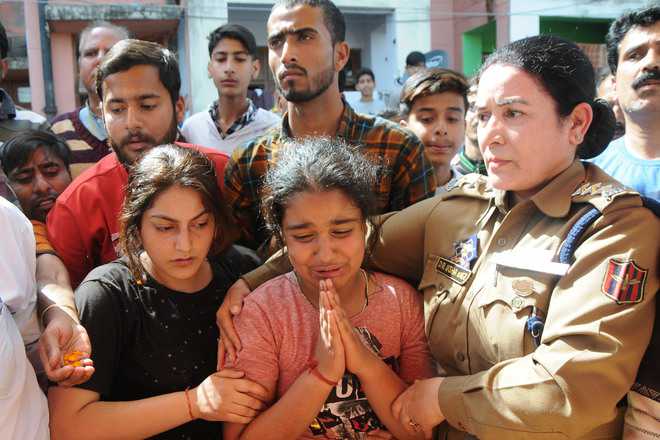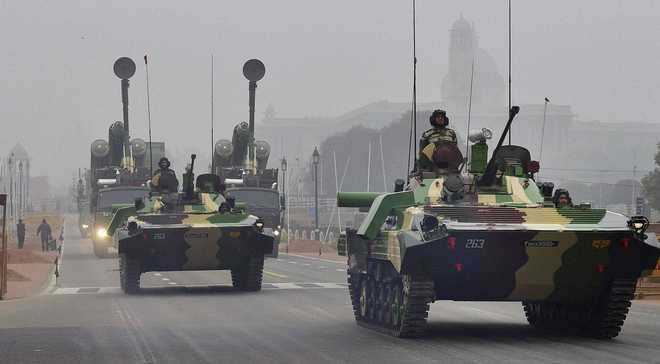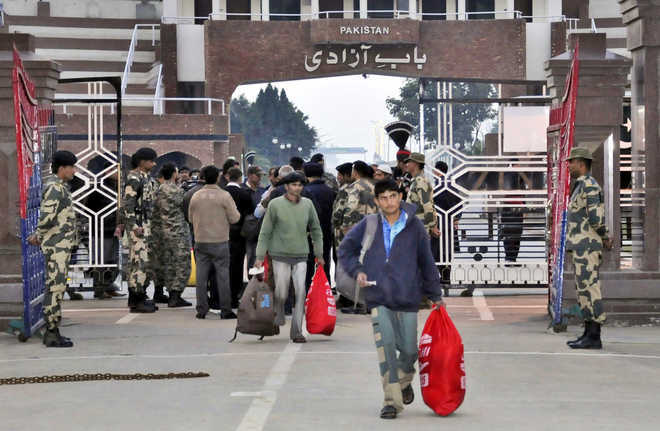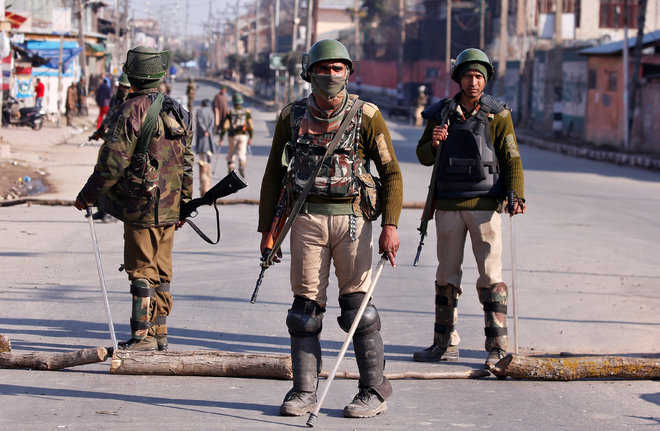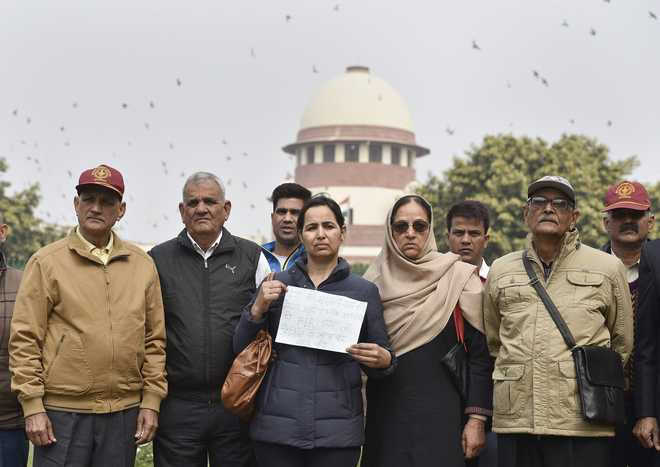Kim’s sudden Beijing visit enhances the crucial role that China plays in maneuvering North Korea’s equations with the rest of the world.

On a pointed question pertaining to the strategic Chinese investments abroad for either long-term military platforms or controlling the local governments, the Chinese Foreign Ministry Spokesperson Hua Chunying quoted two Chinese sayings in its defense – first that ‘one’s mentality will determine how he perceives the world’ and second, ‘if one suspects his neighbour of stealing his axe, all behaviour of that innocent neighbour appears suspicious to him!’ Trying to allay specific fears about the Chinese intent on the increasingly-China-dependent states in Africa, Hua Chunying said, “China welcomes African countries aboard the express train of its development and is willing to make positive contributions to promoting the peace, security, development and rejuvenation of African countries.” Ironically, that very day of the Chinese statement, a heavily-armoured train actually chugged into Beijing, carrying the secretive entourage of the North Korean dictator, Kim Jong-un. Read This – Mamata’s unity efforts The ostensibly ‘unofficial visit’ was also the first international visit made by Kim Jong-un since he assumed power in 2011. While the suddenness, secrecy and the mode of conveyance has raised eyebrows across the world, the timing is not surprising given the impending meetings between Kim Jong-un and his South Korean counterpart President Moon Jae-in, which is to be followed by the unprecedented meeting of the North Korean strongman with the US President Donald Trump, around May. As North Korea’s biggest trading partner, military ally, and diplomatic vanguard, China is singularly responsible for the survival and sustenance of the North Korean regime. Since the bloody Korean War (1950-1953), when Kim Jong-un’s grandfather Kim Il-sung was supported by China’s Mao Zedong and the USSR – the North Koreans are perennially indebted to Beijing for the installation and perpetuation of the successive Kim-dynasts. Fittingly, Kim Jong-un’s toast to the Chinese President Xi Jinping during the recent visit was very servile: “It is appropriate that my first trip abroad is in China’s capital, and my responsibility to consider continuing NK-China relations as valuable as life!” Read This – Polyhouse: A versatile solution The strange sight of the 21-car armoured train in Bejing has reiterated the criticality of China in any possible future-solution to the dangerous theatrics and sabre-rattling unleashed by both the despot in Pyongyang and his equally colourful nemesis in Washington DC, US President Donald Trump. The obvious trust and equation between North Korea and China came to the forefront as Kim Jong-un felt safe enough to travel to China, without the pathological fear of a looming decapitation strike that haunts the North Korean establishment. The complexities and intrigues of the Sino-North Korean relationship belie the real instigator of the North Korean dictator’s sudden visit to China. Was it Kim Jong-un who wanted full Chinese alignment on the exact contours and extent of possible concessions with the South Koreans and the Americans, or was it the wary Chinese who wanted to secure a seat in any future discussions pertaining to the North Korean impasse? Most probably, it was a combination of both as the North Korean regime could implode and melt-away without the firing of a single-shot if the Chinese were to withdraw their beneficence, and likewise, an uninvolved China in the rapprochement process of North Korea could strip Beijing of a strategic pawn, military shield, and economic backyard for its wares. Importantly, both nations have signed a mutual defense treaty wherein they have stated that ‘in the event of one of the parties being subjected to armed attack by any state or several states together and thus being involved in a state of war, the other party shall immediately render military and other assistance by all means at its disposal’. This treaty was first signed by the governments in 1961, and subsequently renewed in 1981, 2001, and is now in effect until 2021. The stakes in the crucial meetings of Kim Jong-un with Moon and Trump are as high for Bejing as they are for Pyongyang. Potentially, the carefully plotted and positioned structures of Chinese assertion, dominance and geopolitical import are at risk in case of either any major concessions afforded by North Korea or escalations from the current structures in the North Korean narrative. The non-progress in talks could also license a military strike by the US, which could shoot-up tensions in the Chinese neighbourhood and bring rival forces to near its borders. Already, China is battling international opprobrium in the South China Sea and it could be doubly stretched in case the security situation worsens for Bejing in the Korean peninsula. Ideally the Chinese would want to bat for an incremental de-escalation via the ‘freeze-for-freeze’ methodology, which potentially kills two birds with one stone – the suspension of military drills and the possible withdrawal of the US military forces from the Korean peninsula, in exchange for North Korea suspending nuclear testing. This way, the Chinese manage to debar US presence in its vicinity, whilst also controlling the reckless bravado of the North Korean maverick. A possible thaw without altering the fundamentals of the sovereign-alignments or regime-changes would be in China’s best interest. Additionally, the optics of a successful peace-broker would enhance Beijing’s international prestige and prospects as it embarks on its quest for global super-powership and moral legitimacy. Inaction or non-intervention is not an option for the Chinese, as Mao Zedong had famously stated, ‘Passivity is fatal to us. Our goal is to make the enemy passive’; and, in this case, the enemy is the one that can upset the apple cart of the carefully charted coordinates of the Chinese dream, including the vassal states like North Korea under its strategic tutelage. Contrary to the publically declared position of a denuclearised Korean peninsula, China has tactically tolerated and even supported the nuclearisation program of North Korea. This existing arrangement of an anti-west, belligerent and roguish neighbour that is existentially beholden and completely dependent on the Chinese diktats and interests, works to Beijing’s advantage and it will not allow any major progressions or regression from the existing storyline in North Korea. The game plan, ‘red-lines’ and the absolute ‘no-go’ zones for the forthcoming discussions that North Korea would be partaking in would have been carefully discussed and agreed upon – between the two illiberal and mutually-aligned leaders. Lt General Bhopinder Singh (retd) is former Lt Governor of Andaman and Nicobar Islands & Puducherry. The views expressed are strictly personal
http://www.millenniumpost.in/opinion/strategic-chinese-checkers-291783



























































